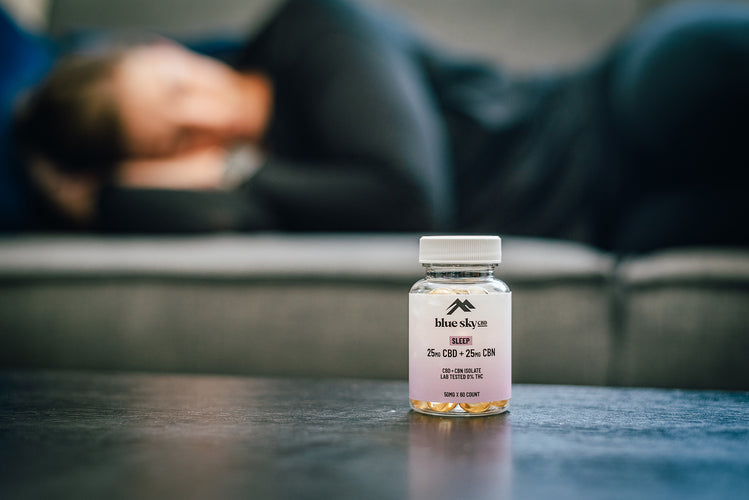
When considering the various bodily systems—immune, endocrine, gastrointestinal, cardiovascular—which one stands out as the master regulator of overall health? The answer might surprise you: it’s the Endocannabinoid System (ECS). This system plays a crucial role in maintaining balance and ensuring the optimal function of nearly every other body system. The ECS is intricately linked to:
- immune health;
- Mental health and neurodiversity
- pain response;
- sleep patterns;
- mood;
- gut function;
- gut microbiome;
- appetite;
- metabolism;
- hormone equilibrium;
- fertility;
- bone health
The Endocannabinoid System (ECS) is a complex network that plays a vital role in maintaining the body’s internal balance. It comprises three main components:
Endocannabinoids: These are molecules naturally produced by your body. The two primary endocannabinoids are:
- Anandamide (AEA): Often referred to as “the bliss molecule,” its name is derived from the Sanskrit word “ananda,” meaning joy or bliss.
- 2-Arachidonoylglycerol (2-AG): Typically found in higher concentrations in the brain compared to anandamide.
Cannabinoid Receptors: bind to these receptors to exert their effects. There are two main types:
- CB1 Receptors: Primarily located in the central nervous system (aka the brain & spinal cord)
- CB2 Receptors: Mainly found in the peripheral nervous system and most especially related to the immune system.
Enzymes: These are responsible for synthesizing and breaking down endocannabinoids:
- Fatty Acid Amide Hydrolase (FAAH): Breaks down anandamide.
- Monoacylglycerol Lipase (MAGL): Primarily responsible for breaking down 2-AG.
Enter Phytocannabinoids: these are chemical compounds naturally found in plants. The most well-known examples include:
- THC (Tetrahydrocannabinol): The primary psychoactive compound in cannabis.
- CBD (Cannabidiol): a Non-psychoactive compound known for various potential therapeutic effects and CBN (Cannabinol).
The beauty of mother nature is that these phytocannabinoids interact with the endocannabinoid system in complex and varied ways. Here's an overview of how they work:
- CBD Unlike THC doesn't bind directly to CB1 or CB2 receptors. Instead, it interacts with them indirectly, which is part of why it doesn't have psychoactive effects like THC.
- CBD can inhibit the enzyme FAAH, which is responsible for breaking down anandamide. By inhibiting this enzyme, CBD can indirectly increase levels of anandamide- the bliss molecule in the body.
- Phytocannabinoids don't just interact with the endocannabinoid system. They can also affect other receptor systems in the body, such as serotonin receptors, help with mood and depressive symptoms, suppress pain receptors serving as a natural painkiller and modulating the immune system, proving powerful; interventions in autoimmunity and conditions such as endometriosis.
Phytocannabinoids have also been increasingly studied for their potential applications in mental health and anxiety disorders. CBD has shown promise in reducing anxiety symptoms, depression, PTSD and in addiction and substance use disorders.
We have a range of CBD products from Blue Sky CBD a company that specialises in producing high-quality CBD products. They focus on creating natural and effective solutions for wellness, using CBD derived from hemp. Their product range includes tinctures, capsules, topicals, and more, all designed to help with various health and wellness needs.
| FAQ: Frequently Asked Questions | |
| VIDEO: An overview of Cannabidiol with Dr Eric Dorninger | Blue Sky CBD |